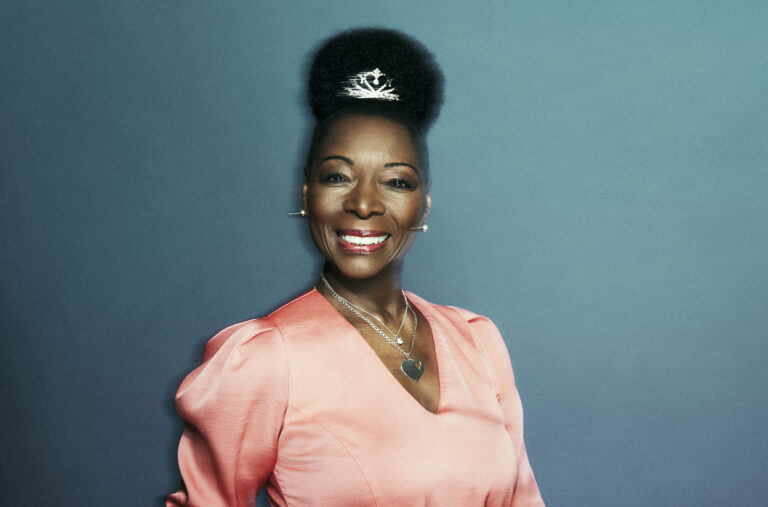Aaron McEvers (pictured left with his son on the right) is an Equal Opportunities Specialist advisor for the US Army. He has served 21 years for the military so far, including as a drill sergeant during active service. He believes that veterans are invaluable to organisations because of their skills building diverse and inclusive teams often under great pressure.
Here, Aaron shares his unique insight into what the military taught him about inclusion: “Diversity without inclusion is hollow,” he says. “You may be part of a team but from diversity you have to move to inclusion, and encourage a sense of a person’s identity connected to a team.”
Q: Why should employers consider hiring veterans?
A: “When you have a veteran who comes into an organisation, all things being equal, they will out-perform others in terms of building a cohesive team.
“Once a person leaves the army to work in a civilian job, they know how to adopt a company culture and can be extremely loyal to their employer.
“To use myself as an example: as a drill sergeant I would take young men – there were no women in my platoon at that time – from all parts of the United States and build a team.
“The US army is a diverse institution by the very nature of its recruits – ethnically and socially. It was my job to drill in to my soldiers the ‘company culture’ of the US army which is duty, respect and service.
“For some, it was the first time out of their social safety net and at first, I thought my soldiers must be latently racist because they clustered with individuals of a similar identity – Hispanic, Asian, whites, blacks.
“I realised it was because initially the recruits felt safe with people who looked like them. But after just three weeks of intense training, consistent leadership, building trust and holding everyone to account, we had built a coherent team. It was a rapid transition: now former strangers were sharing food and helping each other on 12-mile route marches.”
Q: Are former military personnel more resilient than civilian workers?
A: “In the army, we say we experience VUCA environments all the time – that is, volatility, uncertainty, complexity and ambiguity. We are adept at being agile and resilient – both physically and mentally – which are transferable skills to the wider workplace.”
Q: What are some of the most difficult aspects of adapting to civilian life?
“The language! It took me a long time to learn not to swear as much. And to get rid of all the acronyms we use in the army. Also, assertiveness, while it is a positive trait, can sometimes be a problem.
“Some people may feel they are not thriving as a civilian at first: in the army, basic training works on the principle of making a better version of a person each and every day, both mentally and physically. This isn’t always possible within organisations outside the army.
Q: What advice would you give to employers who are developing strategies to support their employees who have previously been in service?
A: “Try to appreciate where that person has come from and possess a level of empathy. If I have a boss who genuinely cares about me and is willing to be patient as I adapt to civilian life, he will have my loyalty forever.
“When I talk to veterans, they say that leaving the military means they lose a sense of belonging. In the military, it is vital that a boss takes the time to ask people how their son is, but it isn’t always like that outside the services.
“It is important for veterans to find a way to connect with their boss and their organisation to seek that sense of purpose.”
Q: How does the US army prepare those who are leaving service for work outside the military?
A: “Everyone must have at least some training and help with their CV. I was offered 10 weeks of training during which time I gained a mini MBA as well as technology training.”





